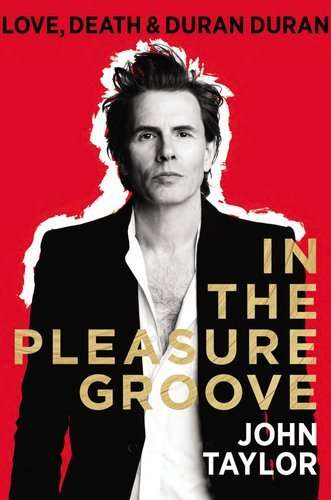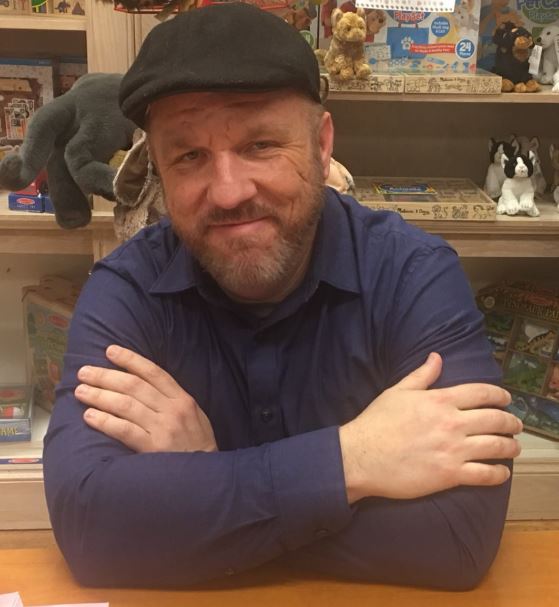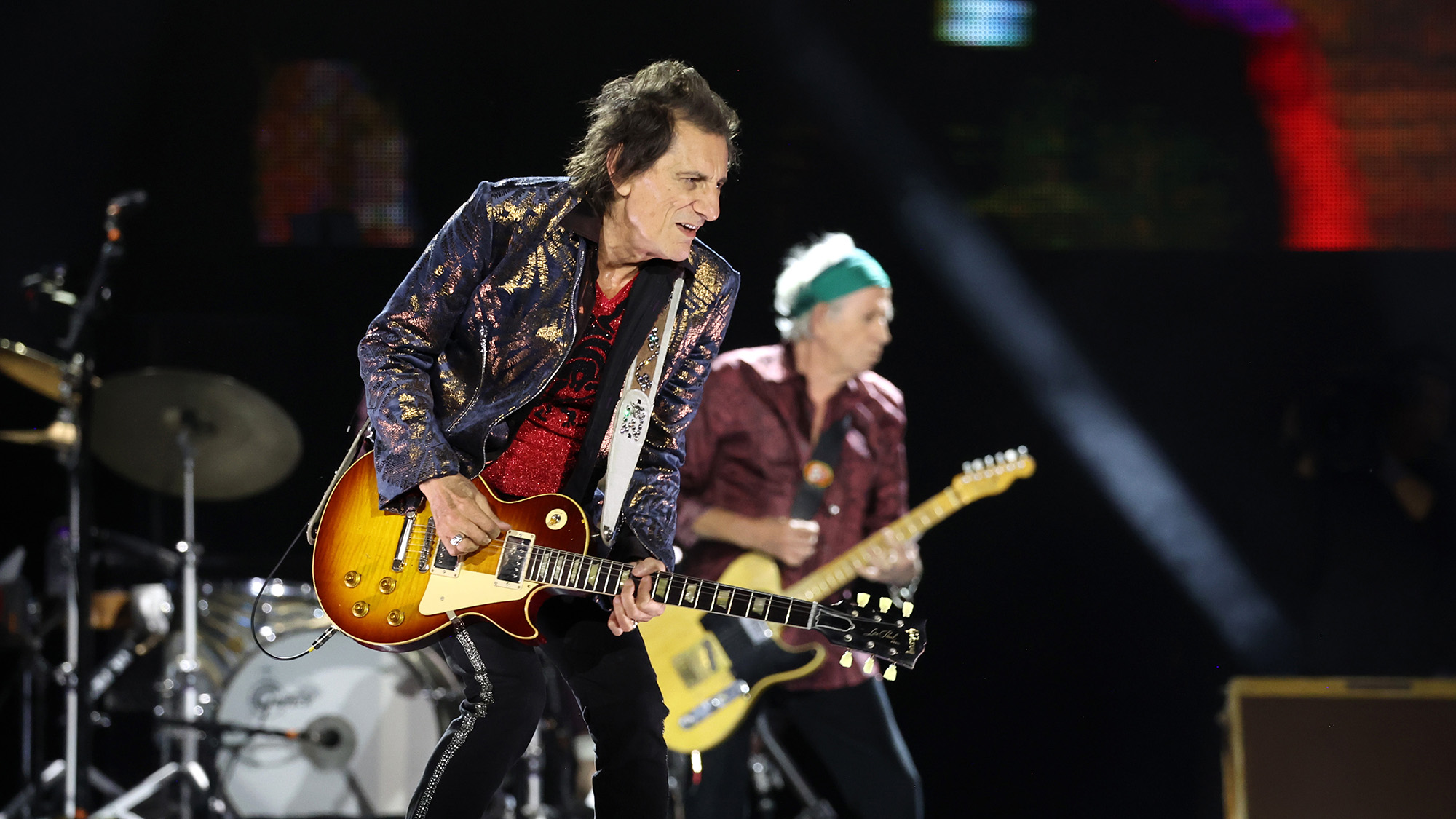Interview: Duran Duran Bassist John Taylor Discusses His New Autobiography, 'In The Pleasure Groove'

One hundred million records, 14 Top 10 singles on the UK Singles Chart and 21 hits in Billboard's Hot 100.
They’ve traveled the world and back many times over and even scored a No. 1 hit for James Bond. Now bassist John Taylor is opening up the vault on Love, Death and Duran Duran.
Taylor’s road to fame and excess is fully documented in his new autobiography, In The Pleasure Groove, an insider’s look into the career highs and lows of the man who lays the foundation for Duran Duran. From stories of his early beginnings, the phenomenal music and mid-'80s hiatus of Duran Duran to his subsequent addiction and road to recovery, the book is an honest, inspirational read.
Taylor also includes chapters about his loving family, Live Aid, The Power Station, the Reunion of the Snake and much more! In The Pleasure Groove is a must not just for fans of Duran Duran, but also for connoisseurs of all things '80s and those looking for hope in recovering from their own addictions.
I had the pleasure of speaking with Taylor and getting his thoughts on In The Pleasure Groove and more.
GUITAR WORLD: What made you decide to write a book at this stage of your career?
I think now is a good time to write a book. I’ve got enough perspective and feel I’m on relatively safe ground emotionally and can go back and dip into those smoking, swirling times and not get caught up in it. I can be objective and speak cleanly about it. Also, there’s still time to come. I don’t feel like the end is near or anything like that.
All the latest guitar news, interviews, lessons, reviews, deals and more, direct to your inbox!
How did the process for In the Pleasure Groove begin?
I was approached by Tom Sykes, a writer I know who has a very fast, reportage kind of approach to writing. He actually came and lived with me for a while. I have huge amounts of memorabilia from the early years of the band and also had a dozen or so really key scenes I thought would make for a perfect book.
What was it like for you reliving all of the old memories?
I found myself humbled by the amount of work that we’ve done. Part of wanting to write this book was to de-mystify the process.
What would you say is your greatest memory of being in Duran Duran?
I don’t have just one, because things are still happening. The important thing is to still be able to experience them. For example, we recently played in Hyde Park for the opening night of the London Olympics. There were about 70,000 people there from all over the world. We had not been playing “Save A Prayer” on tour and had just started putting it back into the set. We played the song that night and it just galvanized everybody. I remember standing there and thinking, “Bookmark this moment! This is a BIG moment!” You must never get complacent. There are still moments like those that come along.
Is there a message you’d like people to take from reading In The Pleasure Groove?
The recovery aspect is important. I was exposed to such a powerful, profound method or recovery. I was very fortunate. I was brought back from the dead. It was a few years ago but I wanted to communicate that because there are a lot of people struggling with addiction. I wanted to find a way to put that out there in plain man’s language to let people know that there is hope out there.
You mentioned the song, "Save a Prayer." Do you remember when it was written?
I do remember that song coming into being. I was coming into the rehearsal room and Nick and Andy were involved in taking a relatively simple four chord progression and sequencing it. We had an early Roland sequencer at the time and the song was built from that foundation. Then the drums start playing and finally, the lyrics. It’s from a period where every part of the song had to be clearly written.
What does Duran Duran have planned for next year?
We’ve made tentative plans to start work on a new album in March. Mark Ronson is going to be on board to produce it. We like touring in the summer so we’re open for summer business. Of course, anything can happen but we’re working towards that end.
I wanted to ask you about your time in The Power Station. Did you plan that project to be just one album and tour?
Not really. I didn’t think it would just be one album and then we’d stop. To me it was more like, “Let’s do something that’s really fucking great!” At the time, we didn’t realize we were going to make an album as impactful as that. And then having made it, it was like, “How could we not tour it?”
We went on the radio and announced the tour and then Robert [Palmer], who was in a particular circumstance with his record label, decided to pull out of the tour and do the album that gave us “Addicted to Love” (the Riptide album), an absolute magnificent record. And thank God he did because if he had toured, who knows what would have happened. Maybe Duran Duran would not have come back together. Maybe there’d be no “Notorious” – who knows?
You can never quite know which way things are going to go but then again, that’s part of the fun of life.
Keep up with Duran Duran at their official Website. Follow John Taylor on Twitter.
James Wood is a writer, musician and self-proclaimed metalhead who maintains his own website, GoJimmyGo.net. His articles and interviews are written on a variety of topics with passion and humor. You can follow him on Twitter @JimEWood.
James is a guitarist and freelance writer who's interviewed some of the biggest names in music. He is the author of four books and his writing credits include work for Guitar World, AXS and Yahoo! as well as for his hometown newspaper where he writes on a variety of topics with both passion and humor. As a guitarist, he's performed everywhere from local bars and nightclubs to some of the biggest stages in front of thousands of music fans.

